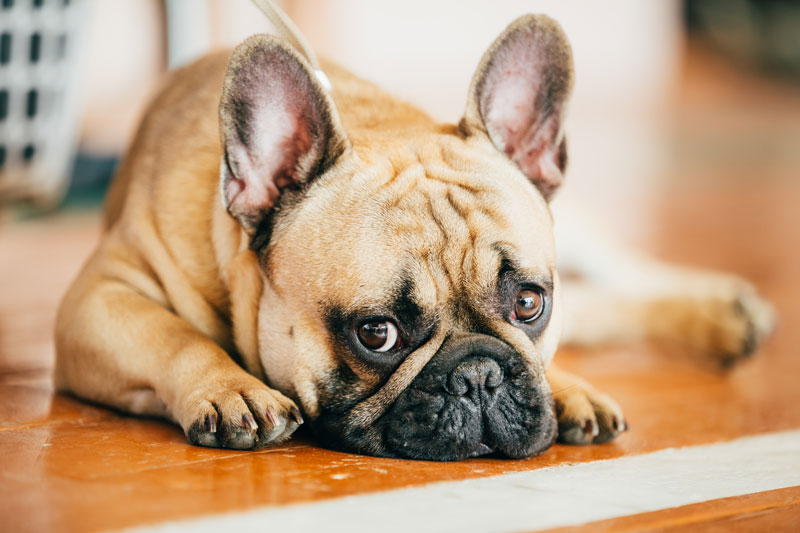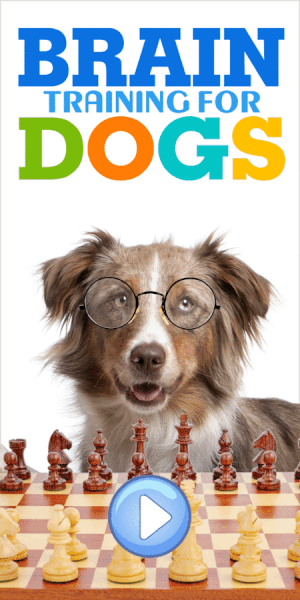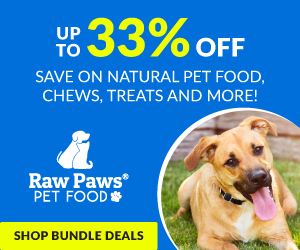Training
Why Dogs Eat Poop and How to Stop It

Dogs may be man’s best friend, but that doesn’t mean we’re not occasionally embarrassed or downright disgusted by some of their habits. From rear-sniffing to rolling in anything with a repulsive smell, nothing seems to be quite as offensive to dog lovers as coprophagia—that is, eating poop.
So, what’s behind this bizarre behavior?
Dogs can eat poop for a number of reasons, from diet deficiencies to boredom. To get to the bottom of the issue, here are some things to consider:
So Why Do Dogs Eat Poop?
Well, there are many reasons ranging from boredom and cleanliness to intestinal parasites and diabetes. Below are 14 reasons dogs eat poop:
1. Poor Diet
Nutritional deficiency is probably the most oft-cited reason for eating poop, but there is no science backing up that theory, especially since most modern-day dog foods are fortified with iron and other minerals dogs would be lacking if they were eating poop for a nutritional deficiency.
If your pooch isn’t getting enough calories, digestive enzymes, and nutrients, he will begin searching for them elsewhere (like in his poop)! Even if you think you are feeding your dog enough food, he may not be getting the digestive enzymes and nutrients that he needs. That’s why it’s important to feed your dog quality food (which most highly processed kibble is not).
Recommended: A Beginners Guide to a Raw Food Diet for Your Dog
2. Malabsorption Syndromes
If your dog has a digestive issue and his body is unable to absorb the nutrients in his food, he will begin looking for nutrients elsewhere. Partially digested food particles in your dog’s poop will begin to look pretty appetizing to your fur baby.
3. Parasites
If your dog has intestinal parasites, they could be absorbing the nutrients that your dog should be getting from his food. If this is the case, your dog may be turning to his stool as a way of getting extra nutrients.
4. Puppy Exploration
Puppies love to explore. They search the world with their noses and mouths. While most are satisfied with sniffing their poop, others take it a step further and eat it. Think of the puppy who eats poop as the toddler who puts everything in his mouth.
5. Isolation
Studies show that dogs who are kept alone in kennels and other isolated areas are more likely to eat poop than those dogs who have a close relationship with people. The act of eating poop can be somewhat of a stress reliever for your pooch.
6. Restricted Confinement
If a dog is constantly locked in a small crate or tiny confined area then he may start to snack on his feces. Especially if he is usually fed in this confined area. Dogs who are fed in close proximity to their stool may start to link the odors of food and poop. This can confuse a dog and he may be unable to tell the difference.
7. Anxiety/ Stress from Punishment
If your dog has an accident in the house, do you give him harsh punishment? If so, research shows your dog can actually start to fear the act of going to the bathroom. As a result of this fear, they may try to hide the evidence by eating their poop before you have a chance to find it.
Recommended: 5 Easy Steps to Help a Dog with Separation Anxiety
8. Boredom
It’s extremely important to keep your pooch both mentally and physically stimulated. When your dog gets board he is more likely to act out and do things you don’t approve of – like eating his own feces.
Recommended: 12 Most Indestructible Dog Toys Your Dog Will Love
9. Seeking Attention
Dogs crave attention. If they feel ignored they can go to extreme lengths to get your attention. That means they may even do something like eat their own poop in hopes of you noticing (which you obviously will).
How to stop it:
Prevent Access
Your dog can’t eat what’s not there. Immediate and proper disposal is key to keeping your dog away from his own waste—and that of other animals in the household. If you have a cat, be sure to restrict your dog’s access to the litter box and scoop out any “snacks” at least twice a day.
Train Early and Often
In addition to limiting opportunity, it’s important for your dog to learn that this behavior is unacceptable, and that’s where training (and lots of positive reinforcement) comes in.
Consistently leashing your dog for bathroom breaks and redirecting his attention, practicing commands such as “leave it” or asking your dog to sit until you’ve had a chance to clean up, and rewarding appropriate behavior with praise and treats can help your dog outgrow his interest.
Behavior and Positive Reinforcement
Since behavior can be such a strong component of coprophagia, changing that behavior can go a long way in ending this bad habit. If you notice your dog eating stool outside, take them out on leash. This will allow you some more control over where your dog goes so you can steer around existing stool and help navigate away from new stool.
Positive reinforcement and natural dog treats are helpful for distracting your dog and will prove to be more enticing than poop. Once your dog shows interest in stool, quickly offer a treat to pull their attention away and then speak encouragingly while giving them the treat. Just make sure you use healthy, natural dog treats, since diet is also a component of stool eating.
Final Thoughts
In the end…here’s the thing: Dogs will be dogs. Changing their behaviors to suit our tastes is doable, of course. That’s what we do when we bring dogs in from the cold and take them into our homes. Expecting our dogs’ basic biology to change when we do so is another matter entirely.
That doesn’t mean we have to allow them to sniff, eat, and roll. It does, however, mean that we should respect where these innate urges come from and refrain from punishing them when they indulge them. After all, if you’re the one who left the kitty’s litterbox in an accessible location, that one’s on you.
Recommended: 12 Basic Dog Commands Every Owner Needs to Learn
- Topics:
- Training


